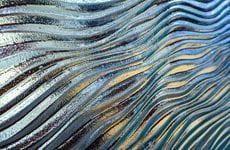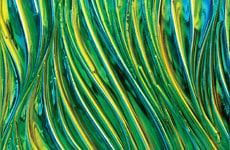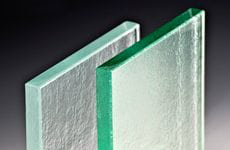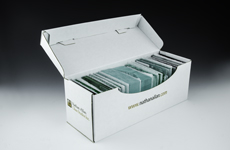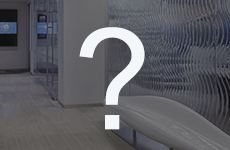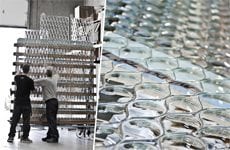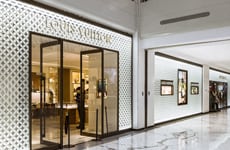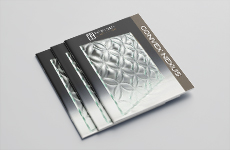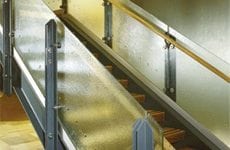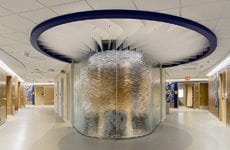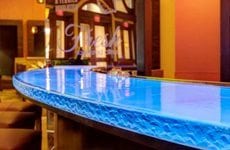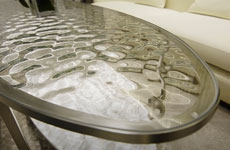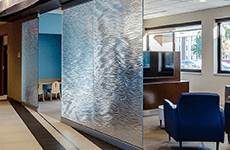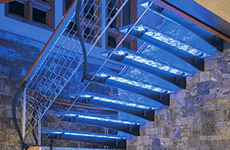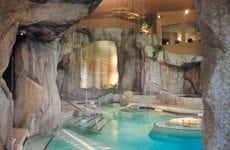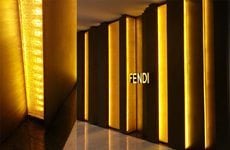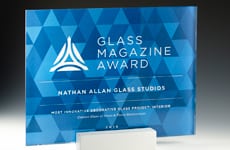Lucid Glass
Lucid glass is characterized by its clarity and the ability to allow light to pass through with minimal distortion or obstruction. This optical clarity is highly valued in various applications, from architectural design to consumer electronics, where clear vision and aesthetics are essential.
Architectural Applications: Significant use in architecture, particularly in the creation of transparent facades and windows. Buildings with extensive use of glass can benefit from an abundance of natural light, creating bright and open spaces. This not only enhances the visual appeal of structures but also contributes to energy efficiency by reducing the need for artificial lighting during daylight hours.
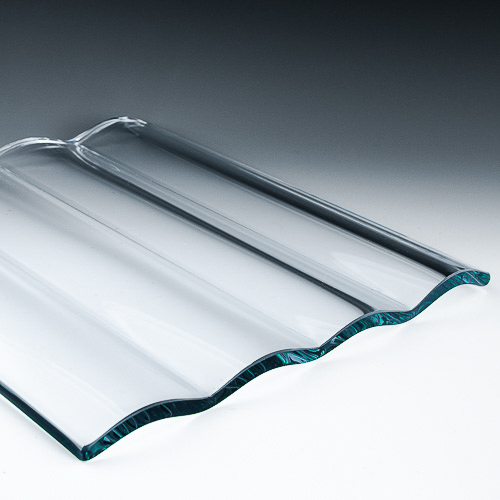
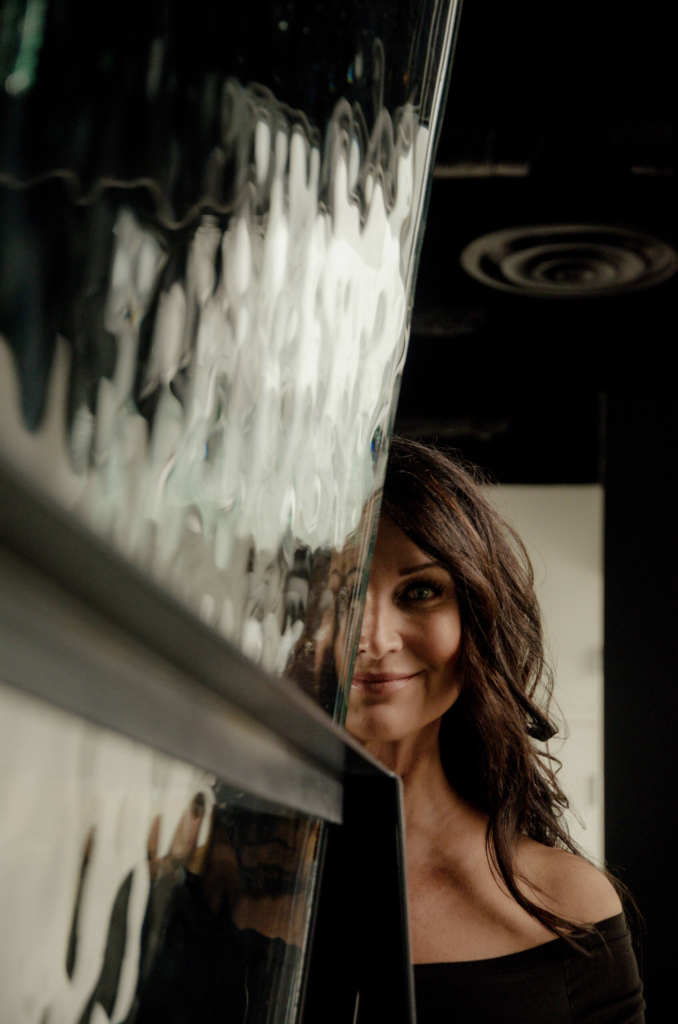
Smart Technology
Often associated with advancements in smart glass technology. Smart glass can change its transparency or opacity in response to external stimuli, such as electrical voltage or temperature. This technology is employed in windows and partitions, offering privacy on demand while maintaining the overall aesthetic of a space. Lucidity in this context refers to the glass’s ability to transition seamlessly between transparent and opaque states.
Display Technologies: In the realm of consumer electronics, glass is integral to the production of high-quality displays. Screens on smartphones, tablets, televisions, and monitors rely on glass with exceptional clarity to deliver sharp and vibrant images. This use of lucid glass enhances the viewing experience by providing a clear and immersive display.
Artistic and Decorative Elements: Beyond functional applications, glass is also embraced for its artistic and decorative potential. It serves as a canvas for creative designs, allowing artists and designers to play with light, color, and form. Whether used in sculptures, installations, or contemporary furniture, lucid glass contributes to the creation of visually stunning and captivating pieces that leverage the material’s inherent clarity for aesthetic impact. Contact Us Today
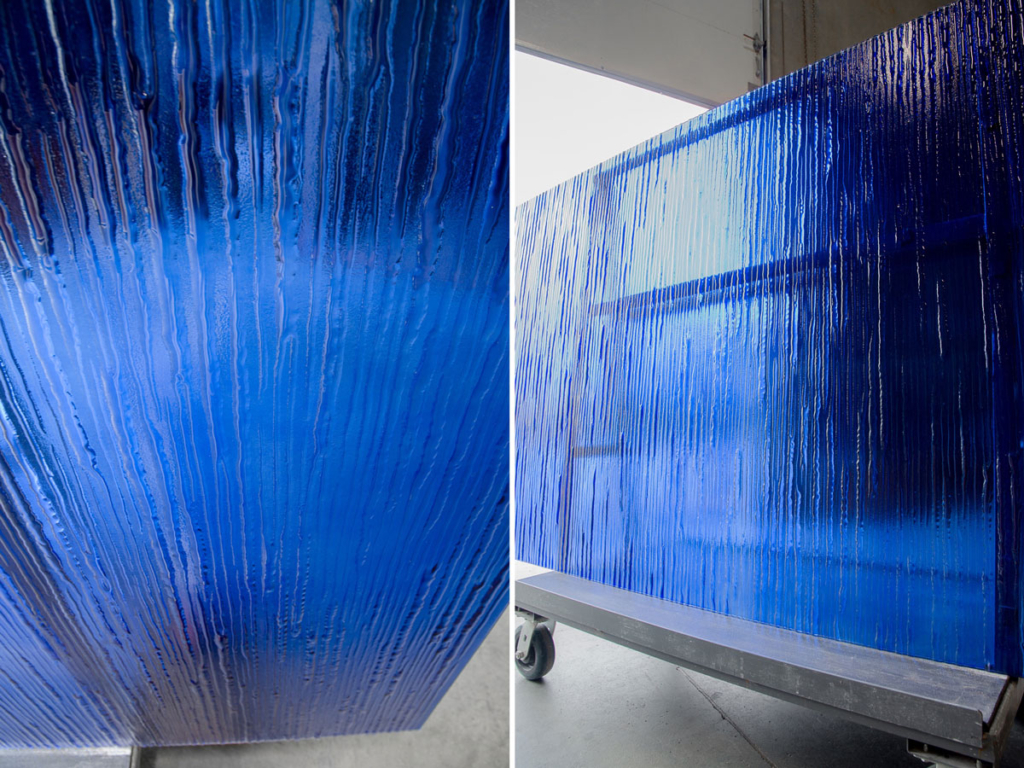
Museum Displays and Exhibits: Museums and exhibits frequently utilize glass to showcase artifacts and artwork. The optical clarity of the glass allows visitors to appreciate the details and colors of displayed items without interference. Glass display cases protect valuable objects while providing an unobstructed view, creating a visually engaging and immersive experience for museum-goers.
Environmental Considerations: Glass can also be designed with environmental considerations in mind. Some types of glass are engineered to be energy-efficient, providing insulation while still allowing natural light to penetrate indoor spaces. This sustainable use of lucid glass helps reduce the reliance on artificial lighting and heating, contributing to energy conservation in buildings. Follow Us On Twitter
Automotive Industry: The automotive industry benefits from lucid glass in various applications, including windshields, windows, and mirrors. Clarity and distortion-free visibility are essential for ensuring driver safety. Lucid glass in automotive design contributes to a clear view of the surroundings, enhancing the overall driving experience and safety on the road.

